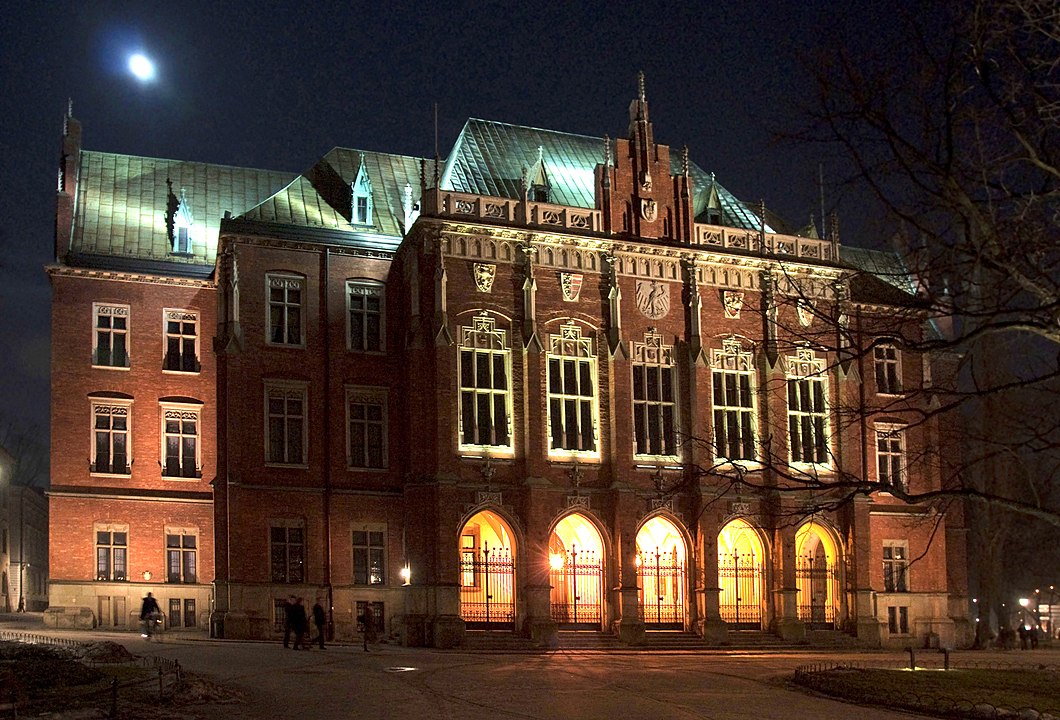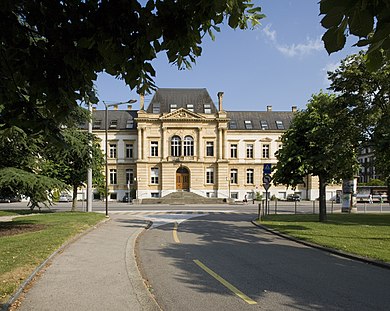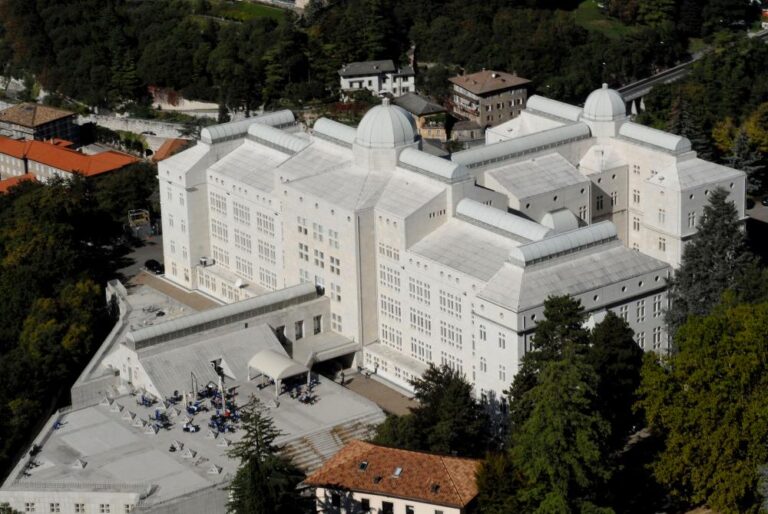Are you interested in Central and Eastern Europe and/or Poland? Would you like to join a new, enthusiastic research team?
The ‘Humanscapes and Econoscapes’ projects, funded by the JU Institute of Geography and Spatial Management, under the JU Doctoral School in the Social Sciences (https://social-sciences.phd.uj.edu.pl/for_candidates) are currently looking to recruit three PhD students into 4-year posts. These positions present an exciting opportunity to work at the forefront of social or economic geography, regional development, land use changes, tourism development or interdisciplinary spatial research in the social sciences.
Fluency in Polish is not required. We are looking for engaged graduates by offering a flexible PhD programme. The successful applicants will join new, energetic and well-supported project teams.
You may also work collaboratively with other social and environmental science colleagues at JU.
The research funding may be sourced from the JU Excellence Initiative or other sources depending on the PhD topic.
If you are primarily interested in this offer or would like to discuss financial matters, you are encouraged to contact Grzegorz Micek (Head of PhD programme) at grzegorz.micek@uj.edu.pl.
The potential supervisors and their research areas include, but are not limited to:
Prof. Bolesław Domański
Social inequalities in urban space: sustainability and change
The spatial and social dimensions of the energy transition
Companies with Polish capital in global production networks
Prof. Jarosław Działek
Creative activities in peripheral areas
Geography of arts – historical and contemporary factors influencing the development of art cities and places
Socio-spatial aspects of university campuses
Prof. Jacek Kozak
Modelling of future land use and land cover changes, at different scales and in different areas, using different methodological approaches; environmental consequences of these changes;
Historical land use and land cover change, at different scales and areas, using cartographic, remote sensing and other spatial data; models to explain land use change;
Studies of land abandonment using remote sensing data, including laser scanning data, and the environmental and social consequences of land abandonment.
Prof. Małgorzata Luc
Sustainable urban or non-urban landscape, concepts, assessment criteria, formation, importance in environmental protection and land use planning
Prof. Grzegorz Micek
Application of the path development/path creation and agency in the interpretation of local and regional development in Poland
Emerging industries – location theories, spatial distribution, direct and indirect local effects
Collaborative spaces in peripheral areas
Prof. Monika Murzyn-Kupisz
Cultural organizations, creative industries and socio-ecological transformation
Climate change attitudes and activities and their spatial determinants
Creative industries, including those related to the activation of local cultural heritage in peripheral areas.




